It's been three decades of COP talks - and as most of the climate metrics get worse, questions about whether the summits are working have become impossible to ignore.
This year, approximately 40,000 people are flying in to Belém in Brazil for COP30 - back in the country that hosted the landmark Rio Earth Summit in 1992.
At the time, it was the biggest gathering of world leaders ever.

It spawned a slew of treaties and documents that committed countries to growing economies in ways that also protected the environment: a blueprint for a brighter, greener future - or so they thought.
That included the world's first-ever global climate treaty, the UNFCCC, which underpins the COP process and promised to "protect the climate system for present and future generations".
"There was, I think, a general atmosphere of hope that this was the start of a process which could make a real difference," said Michael Howard, Britain's then environment secretary who attended Rio 1992, and later Conservative party leader.
But despite 29 rounds of COP negotiations, the natural world that Rio pledged to protect is gasping for air.

Same stage, hotter planet
Annual greenhouse gas emissions are now a staggering 65% higher than they were in 1990.

And the concentration of carbon dioxide in the atmosphere increased at the highest rate on record last year.

In France in 2015, some 20 COPs after the Rio Earth Summit, leaders struck the Paris Agreement - a landmark pact to limit warming ideally to 1.5C above levels in pre-industrial times.
But today, just 10 years later, global average temperatures are already approximately 1.4C warmer, snapping at the heels of the Paris goal.

Ban Ki-moon, who was head of the United Nations when the world signed the Paris Agreement, told Sky News it was a "moment of triumph".
But the "problem is that after the agreement, the member states' vision" in putting it into practice has been very different.
"Some countries were very active, some countries didn't pay much attention."
Those higher temperatures are fanning the flames of extreme weather, like Hurricane Melissa that killed and destroyed in the Caribbean just two weeks before COP30 starts today.
In 2024, that kind of climate damage cost £1trn globally, according to BloombergNEF. It said the "primary reason" for the rising costs is an "increase in intensity and frequency of events".

What the Paris Agreement and COP have achieved
But that's not to say COPs haven't achieved anything. They have.
Defenders of "the process" point out that - before the 2015 Paris Agreement - warming was on course for about 4C by the end of the century. Now, it's roughly 2.8C.
That's still bad. It could collapse parts of the Amazon rainforest that is hosting this year's COP30 - but it's progress.
The Paris pact also stimulated a growth spurt in renewable energy, which this year provided more electricity than coal for the first time ever.

And it triggered a wave of net zero targets, which now cover at least 77% of global GDP - albeit of varying degrees of quality.

"That is an absolute transformation," the UK's Energy Secretary Ed Miliband told Sky News before COP30.
The "reason we need" the COP summits is because it brings together 195 countries across the world, he said.
"How are you going to do this without working together? You can't go it alone to tackle the climate crisis."
Deforestation is slowing - so still raging, but at a slower pace.

And the amount of planet-warming gas we emit in proportion to the amount we grow our economies is falling - in other words, we are emitting less per pound or dollar of GDP.

But Ian Hall, climate professor at Cardiff University, said these "limited signs of progress" are "modest compared to the scale and speed of change needed".
He added: "Urgent, systemic action is essential to avoid the worst impacts."
If the world warms by around 2.8C as expected, scientists expect most of the West Antarctic and Greenland ice sheets would melt, bits of the Amazon would turn into savannas, and millions of people would migrate from their homelands that have become too hot, too fierce or flooded for good.
Please use Chrome browser for a more accessible video player
"On the islands, we get all of it," said Surangel Whipps Jr, president of tiny island nation Palau in the west Pacific.
"We're just waiting for the next storm. We're waiting for the next sea level rise to destroy our crops. We're waiting for the drought... This is the reality that we live in."
Laurie Laybourn, executive director of the Strategic Climate Risks Initiative, said the COPs need to start focusing more on how to cope with this kind of "escalating danger".
"That means greater attention on making societies more resilient, otherwise climate-induced chaos could derail them from decarbonising, which will make climate change worse, meaning more chaos and more derailment."
Read more:
Why COP30 is so controversial
2025 set to be among hottest ever

Bombshell letter confronts image problem
A bombshell letter during last year's COP in Azerbaijan - signed by climate heavyweights including former UN chief Ban Ki-moon - warned the conference was "no longer fit for purpose".
It landed days after host president Ilham Aliyev had boasted about his country's abundant gas being "a gift from God".
The signatories said the summits had become co-opted by fossil fuel interests and bogged down by a slow progress and unwieldy size.
Johan Rockstrom, a prominent climate scientist who signed that letter, told Sky News it's time to switch from "beautiful statements" that "nobody delivers upon" to holding each other accountable for what's already been promised.
Please use Chrome browser for a more accessible video player
Others are giving up on COP altogether.
Dr Jennifer Allan, senior lecturer in global environmental politics at Cardiff University, has "defended COPs in the past, and still think they can do good".
But now she feels "complicit in the myth" that COP can save the world, and in the "carbon footprint that accompanies these huge MegaCOPs".
"The same arguments go round and round, masked beneath legal technicalities. It all feels very disconnected from the real world."
Conscious of COP's image problem, UN climate chief Simon Stiell has asked a crack squad to work out how to reform the process, but while still keeping all countries on side.
Please use Chrome browser for a more accessible video player
The loudest defenders
The COP summits were designed in a wildly different era of the 1990s, a spell of relative peace and cooperation, like at the Rio Earth Summit, like the integration of countries after the fall of the Soviet Union.
Today there are more conflicts - 184 in 2024 compared with 118 in 1992 - fuelling a rise in defence spending.
Meanwhile the impacts of climate change the world was too slow to curb are hitting hard and costing a fortune.
Questions about whether multilateralism can survive this dog not just the COP talks but the entire United Nations.

Those involved in COP seem to be circling round the idea that there is no more need for beautifully worded statements - like on "transitioning away from fossil fuels" at COP28 in Dubai - but just to get on with delivering what's already been promised.
But that will make it harder to communicate COP30 as a success.
COP30 CEO Ana Toni seemed unphased yesterday. She told journalists that 194 countries are coming - and those are much better indicators that multilateralism is alive and well.

It is the countries most endangered by a changing climate that defend the process the loudest.
They say it's one of the few forums where they have an equal seat at the table with major economies like China, Brazil and Russia.
Palauan president Mr Whipps said: "It is very costly, and it's very far to come to these events. But if we don't come, there's nobody out there to defend the most vulnerable."
He gives the example of Palau's big sister in the Pacific, Australia, which was pressured by the COP process to up its emissions-cutting target from 26% to 43% by 2030.
"That's why we feel it's important for us that our voice be heard."

 3 months ago
93
3 months ago
93




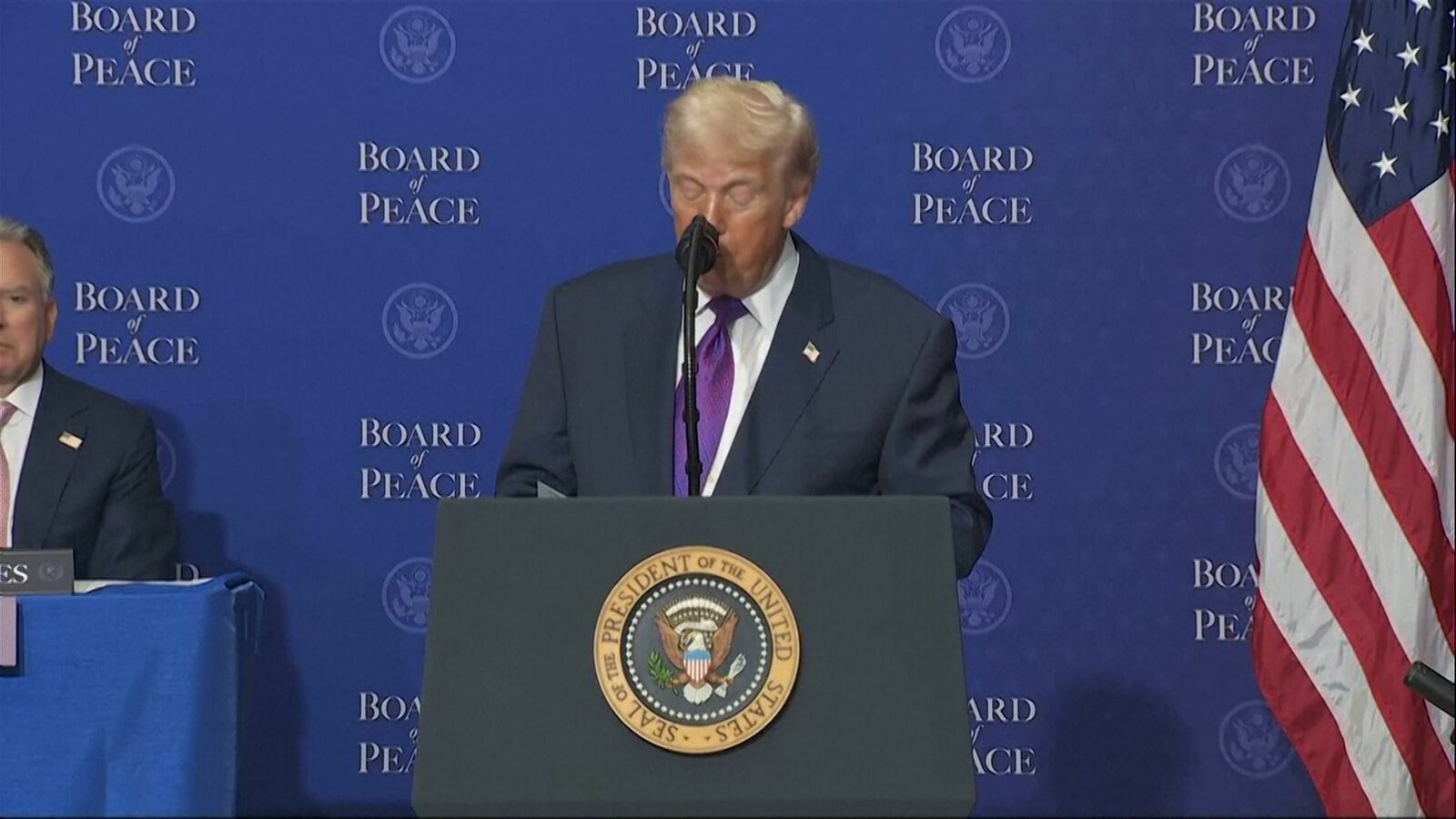

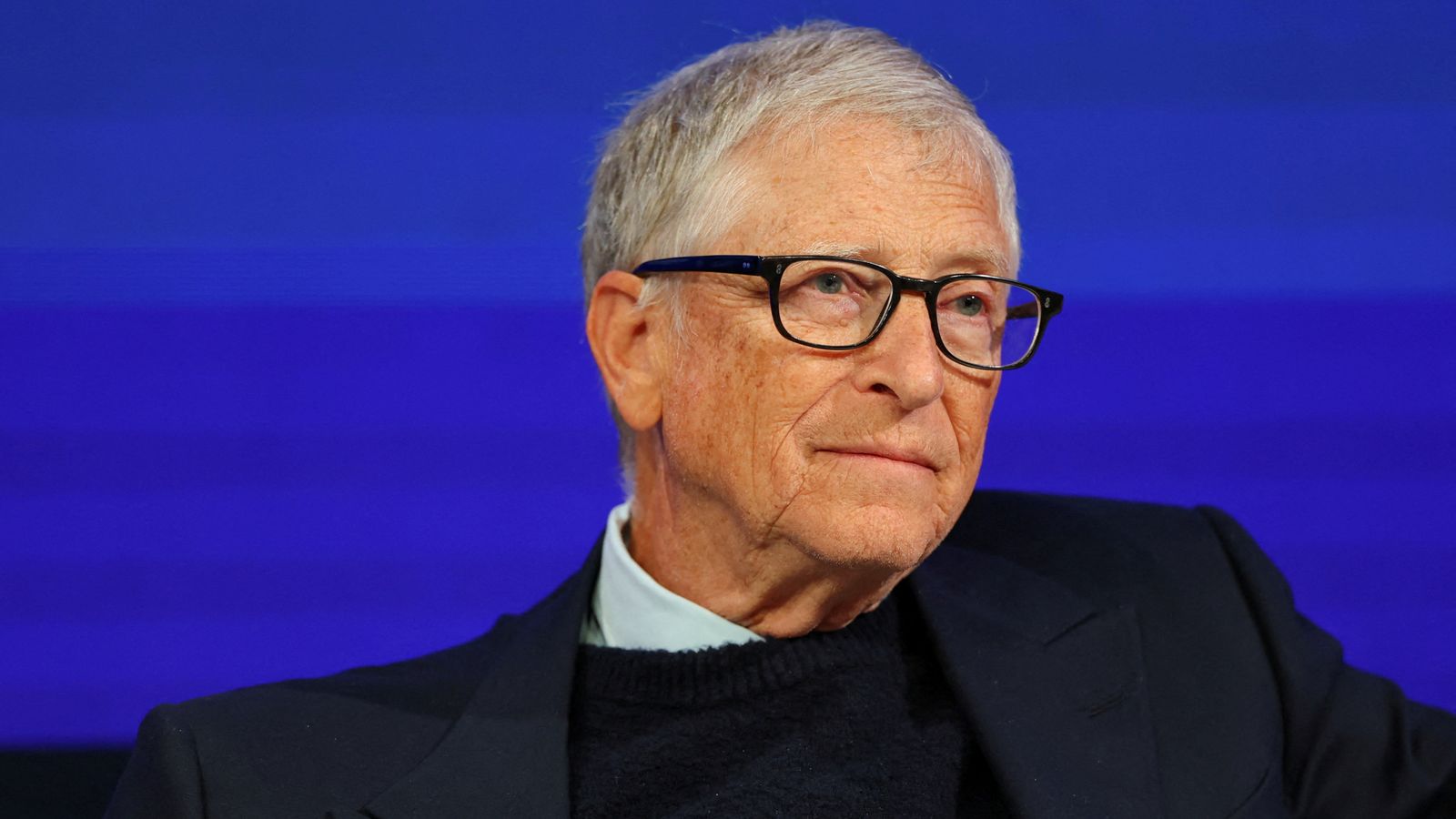





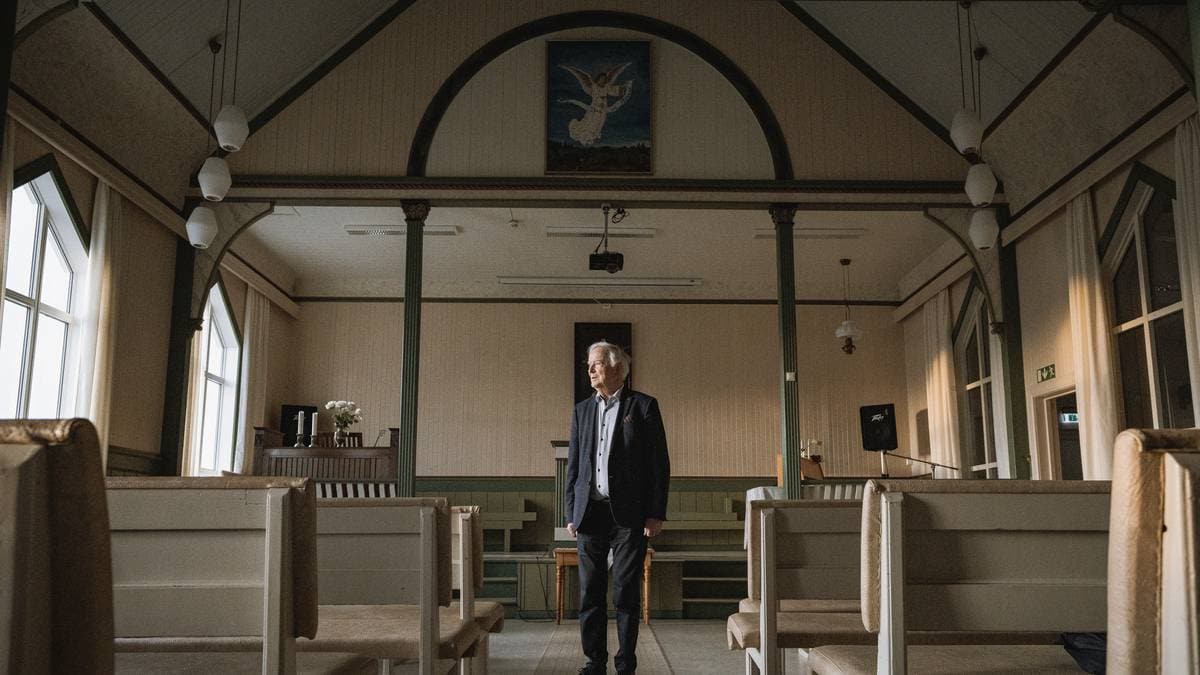




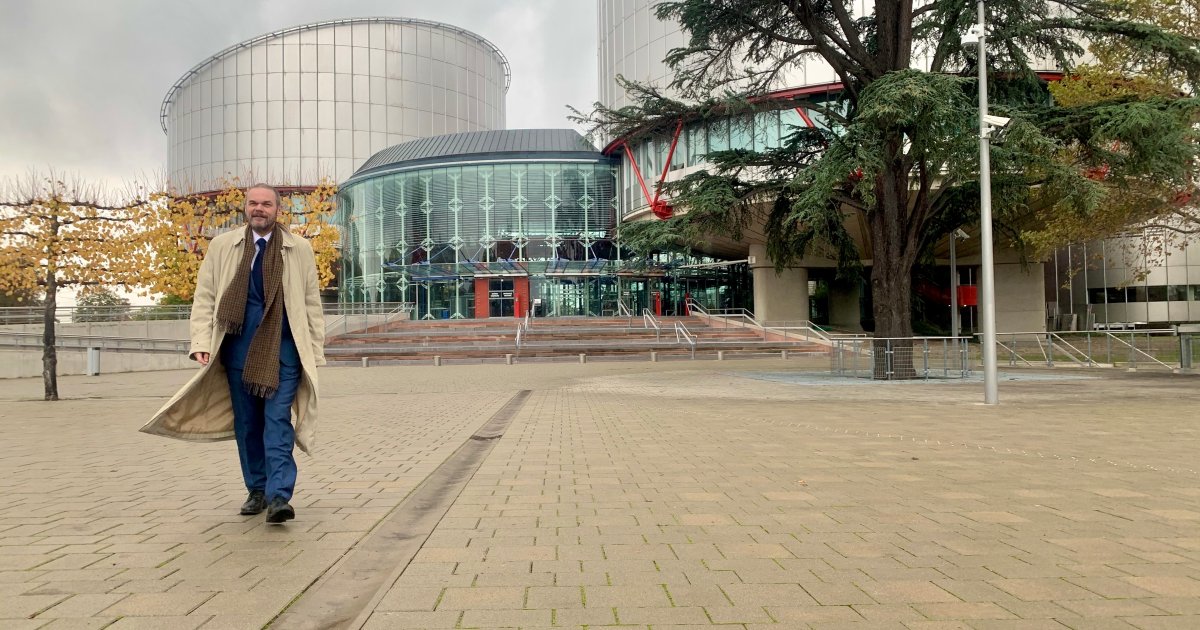

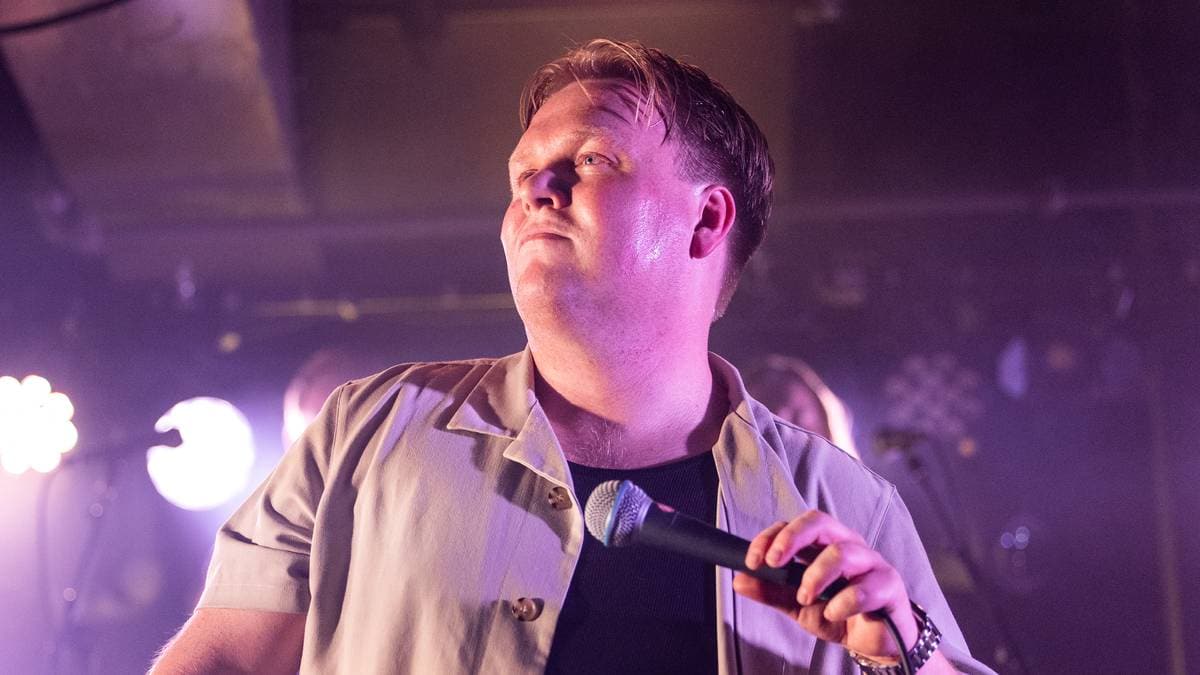







 English (US)
English (US)